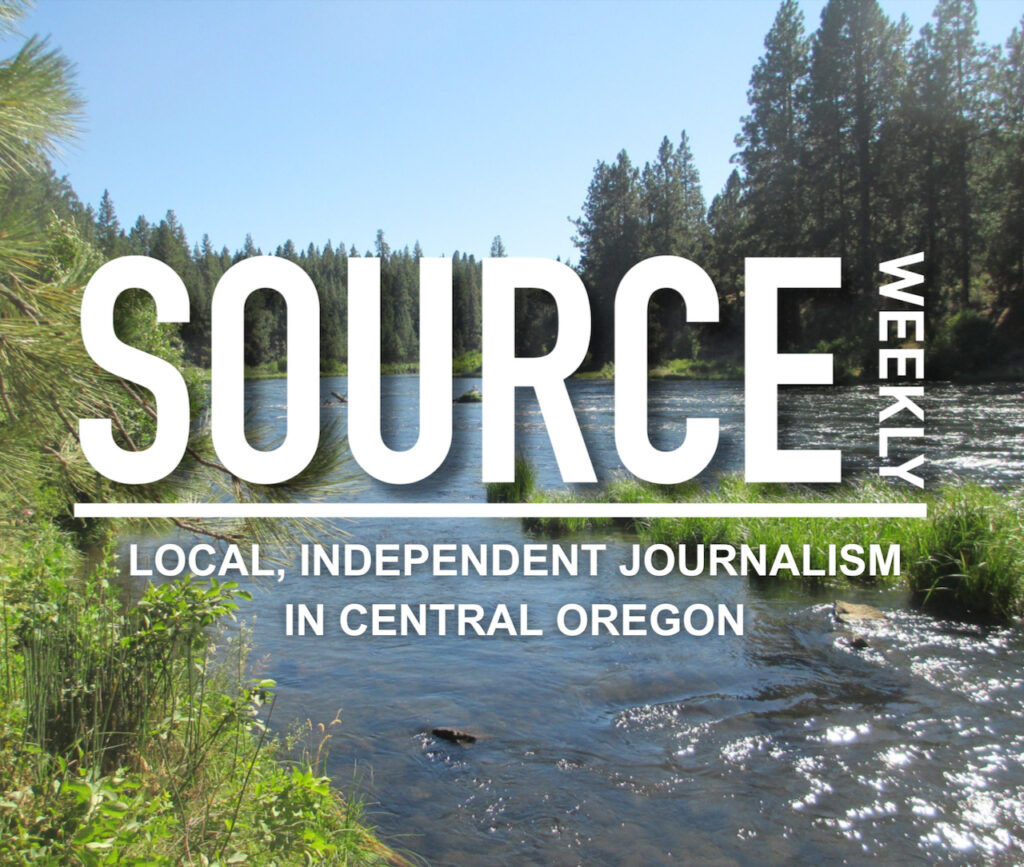By Julianna LaFollette | May 29, 2024 | The Source Weekly
The Oregon Water Resources Department (OWRD) is proposing new rules on how groundwater is allocated to better conserve water. The update would allow OWRD to assess if groundwater is available to support future groundwater rights.
The proposed rules would guide OWRD in granting new groundwater rights, likely resulting in the department issuing fewer groundwater rights in the future. This, according to OWRD, would lead to a reduction in the number of wells that go dry every year and better protect existing water users.
In Oregon, water users are required to obtain a permit or license from OWRD to use groundwater, water from underground, or surface water, water from lakes or streams. In the last several years, OWRD has been seeing a drop in groundwater levels in some parts of Oregon due to over pumping, where natural recharge or replenishment of groundwater cannot keep up with the rate of the water being taken from the ground.
This has led to more wells going dry, worsening water quality in certain areas, high costs for pumping water and additional impacts to surface water.
A white paper prepared for the Central Oregon Cities Organization showed that 20 to 25 percent of the groundwater declines in the Deschutes Basin were caused by groundwater pumping. “It’s a combination of factors, including climate change,” said Neil Brandt, the executive director of WaterWatch of Oregon. Excessive pumping can often be tied to the over-allocation of groundwater rights.
“Oregon has largely over-allocated, and we can’t continue unsustainably pumping groundwater aquifers that, in some places, take eons to recharge,” said Brandt.
The proposed rules look at whether groundwater levels are reasonably stable, addressing basin-specific groundwater availability by establishing a consistent method.
The rules would do this by applying a data-driven definition of what a reasonably stable groundwater level is — something that was previously not defined. The rules will also protect senior water right holders that, under the current rules, have systematically had their water rights injured through the issuance of permits.
In some areas, like the Harney Basin in southeastern Oregon, aquifers have seen major declines due to the over-issuance of groundwater permits, according to WaterWatch. The crisis caused the basin to stop issuing new permits several years ago.
“[These rules] are not going to go back and fix those permits that have already been issued, but it will stop them in places around the state where it’s not appropriate to be issuing permits,” said Brandt.
According to Brandt, the state’s approach has been that if there’s not enough data to support a finding that groundwater is available, the default was to approve a new permit.
These rules, he said, would do the opposite of that — if there’s not data to support issuing a groundwater permit, the department would not issue the permit. “These rules make critically needed changes to the Water Resources Department groundwater allocation approach,” said Brandt.
The rules would not impact existing water rights holders exempt from permitting, like self-serve domestic supply, fire control, the irrigation of noncommercial lawns or gardens up to a half-acre, stock watering or a single industrial or commercial use. Additionally, a water well does not need a permit to be drilled, according to OWRD.
While many agencies and organizations support these rules for attempting to conserve water, others believe the rules are unnecessarily broad.
Others at a May 21st public hearing stated that the rules were confusing, unnecessary or they were worried that most individuals seeking groundwater rights would be denied.
While Oregon agricultural organization Friends of Family Farmers does not have a stance on the proposed rules, the organization believes that regulation should be in line with the level of real risk associated with an activity.
“FoFF is not currently taking a position on this rulemaking process, but there is no denying that we are entering a new era of water law and enforcement to handle the ongoing drought crisis,” the organization said in a blog post.
The proposed rules will go into effect on the date the Water Resources Commission adopts the rules. Public comment through the OWRD website is available through June 14th at 5 p.m.
This story originally appeared in the May 29, 2024, issue of The Source Weekly in Bend and Central Oregon.

